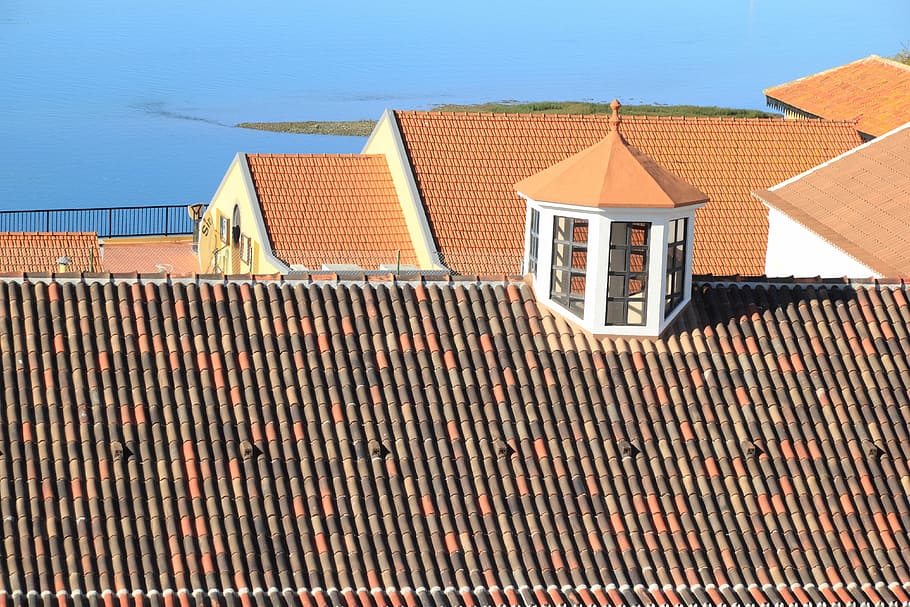Roof Insulation

Introduction: Understanding the Importance of Roof Insulation
Roof insulation is a crucial aspect of maintaining a comfortable and energy-efficient home. Whether you’re building a new house or renovating an existing one, understanding the importance of roof insulation can have a significant impact on your living environment and energy consumption.
Insulating your roof effectively helps create an envelope of protection that prevents heat from escaping during the colder months and entering during the hotter months. This not only enhances energy efficiency but also contributes to reducing your carbon footprint. Additionally, proper roof insulation plays a vital role in improving home comfort by regulating indoor temperatures and minimizing drafts.
In this section, we will delve into the various reasons why roof insulation should be a top priority for homeowners. We will explore how it contributes to energy efficiency, helps maintain optimal indoor temperatures, and ultimately creates a more comfortable living space. Let’s explore the world of roof insulation and discover its many benefits together.
How Roof Insulation Can Lower Your Energy Bills
When it comes to managing household expenses, finding ways to lower energy bills is always a top priority. One effective method that homeowners often overlook is investing in roof insulation. By properly insulating your roof, you can significantly reduce heating and cooling costs, leading to substantial energy savings.
The benefits of roof insulation go beyond just financial savings. Insulation acts as a barrier, preventing unwanted heat transfer between the interior and exterior of your home. During the colder months, insulation helps retain heat within your living spaces, reducing the need for excessive heating. Conversely, in hotter climates, it keeps the cool air inside and prevents outside heat from seeping in.
By creating a more stable indoor temperature throughout the year, roof insulation not only reduces energy consumption but also enhances overall comfort levels within your home. This means fewer drafts or hot spots during extreme weather conditions and a more consistent and enjoyable living environment for you and your family.
Another advantage of roof insulation is its long-term durability. Properly installed insulation can last for many years without losing its effectiveness. This means that once you invest in quality insulation materials and installation, you can continue reaping the benefits of reduced energy bills for an extended period.
In conclusion, if you are looking to lower your energy bills and enjoy reduced heating and cooling costs, investing in roof insulation is a smart choice. Not only will it lead to significant energy savings over time but also provide added comfort and durability to your home. So why not take advantage of this simple yet effective solution that brings both financial benefits and environmental sustainability?
The Role of Roof Insulation in Maintaining a Comfortable Indoor Temperature
When it comes to maintaining a comfortable indoor temperature, the role of roof insulation cannot be overstated. Homeowners often underestimate the impact that proper insulation can have on their overall comfort and well-being. Whether you’re trying to stay cool during scorching summers or cozy during chilly winters, insulation plays a crucial role in regulating the temperature inside your home.
Thermal comfort is essential for creating a pleasant living environment. Without adequate insulation, heat can easily escape through the roof in winter, leaving your home feeling cold and drafty. Similarly, during hot summer months, heat from outside can penetrate through an uninsulated roof, making it difficult to keep your home cool and comfortable.
Insulation acts as a barrier against extreme temperatures by reducing heat transfer between your home’s interior and the external environment. It helps retain warmth during colder months and prevents excessive heat from entering during warmer periods. This not only ensures that you are comfortable year-round but also helps reduce energy consumption by minimizing the need for constant heating or cooling.
In addition to maintaining temperature control, roof insulation also offers other benefits such as noise reduction and condensation prevention. By providing an extra layer of protection against external noises, insulation creates a quieter indoor environment where you can relax without disturbances. Furthermore, it helps prevent condensation build-up on ceilings and walls by minimizing temperature differences between indoor and outdoor surfaces.
Investing in quality insulation for your roof is an investment in your overall comfort and energy efficiency. By effectively regulating indoor temperatures, it allows you to enjoy a cozy living space while reducing reliance on heating or cooling systems. Whether it’s keeping warm in winter or staying cool in summer, proper roof insulation is key to achieving optimal thermal comfort in your home.
The Environmental Benefits of Installing Roof Insulation
In today’s world, where sustainable living and reducing our carbon footprint are becoming increasingly important, it is crucial to consider eco-friendly home improvements. One such improvement that holds significant environmental benefits is installing roof insulation.
Roof insulation not only helps regulate the temperature inside your home but also plays a vital role in reducing energy consumption. By preventing heat loss during colder months and minimizing heat gain during warmer months, roof insulation reduces the need for excessive heating or cooling. This directly translates into lower energy usage, resulting in reduced greenhouse gas emissions and a smaller carbon footprint.
Furthermore, by reducing the reliance on heating and cooling systems, roof insulation promotes energy efficiency. This not only saves money on utility bills but also contributes to a more sustainable lifestyle. With proper installation of eco-friendly materials like recycled or natural fibers, homeowners can make conscious choices that align with their commitment to environmental preservation.
Additionally, insulating your roof can improve indoor air quality by creating a barrier against outdoor pollutants such as dust, pollen, and air pollutants. This is especially beneficial for individuals with respiratory conditions or allergies as it helps create a healthier living environment.
In conclusion, installing roof insulation offers numerous environmental benefits that align with the principles of sustainable living. By reducing energy consumption and greenhouse gas emissions while promoting energy efficiency and indoor air quality improvements, this eco-friendly home improvement choice is an investment in both our planet’s future and our own well-being.
Different Types of Roof Insulation Materials to Consider
When it comes to choosing the right insulation material for your roof, there are several options to consider. Each type of insulation material has its own unique properties and benefits. By understanding the different types available, you can make an informed decision that suits your specific needs.
One commonly used type of roof insulation material is fiberglass. Fiberglass insulation is made from tiny glass fibers that trap air pockets, providing excellent thermal resistance. It is lightweight, cost-effective, and easy to install.
Another popular option is cellulose insulation, which is made from recycled paper products treated with fire-retardant chemicals. Cellulose offers good thermal performance and can be a more eco-friendly choice for those concerned about sustainability.
For those looking for a high-performance option, spray foam insulation may be the way to go. This type of insulation expands upon application, filling gaps and creating an airtight seal. It provides excellent thermal resistance and can help reduce energy costs.
Other options include mineral wool insulation, which is known for its fire-resistant properties, and rigid foam board insulation, which offers high R-values and can be used in both residential and commercial applications.
Ultimately, the choice of roof insulation material will depend on factors such as budget, climate conditions, desired energy efficiency levels, and personal preferences. Consulting with a professional contractor or conducting thorough research will help ensure you select the most suitable material for your specific roofing needs.
The Importance of Proper Installation and Maintenance for Long-Term Effectiveness
Proper installation and regular maintenance are crucial factors that contribute to the long-term effectiveness of insulation. Whether it’s for your home or commercial building, taking the time to follow insulation installation tips and adhere to maintenance guidelines can significantly impact energy efficiency, comfort levels, and cost savings.
When it comes to insulation installation, attention to detail is key. Ensuring that the insulation is properly installed in all areas, including walls, floors, and roofs, helps create a continuous thermal barrier. This barrier prevents heat transfer and keeps your indoor environment comfortable throughout the year.
Maintenance plays an equally important role in preserving the effectiveness of insulation. Regular inspections can help identify any issues such as moisture damage or gaps in the insulation material that may have occurred over time. Addressing these problems promptly ensures that your insulation continues to perform optimally.
Additionally, following maintenance guidelines specific to roof insulation is essential. Roof insulation is exposed to various weather conditions and can deteriorate if not properly cared for. Regularly checking for signs of damage such as leaks or missing sections can prevent costly repairs down the line.
By investing in proper installation techniques and adhering to maintenance guidelines, you not only extend the lifespan of your insulation but also maximize its energy-saving potential. This translates into reduced heating and cooling costs while creating a comfortable living or working environment for years to come.
Conclusion: Invest in Roof Insulation for a More Energy-Efficient and Comfortable Home Environment
In conclusion, investing in roof insulation is a wise decision for homeowners who are looking to create a more energy-efficient and comfortable home environment. By insulating your roof, you can significantly reduce heat loss during the colder months and minimize heat gain during the warmer months.
Not only does roof insulation help regulate indoor temperatures, but it also plays a crucial role in reducing energy consumption and lowering utility bills. With proper insulation, your heating and cooling systems won’t have to work as hard to maintain a comfortable temperature, resulting in long-term cost savings.
Moreover, roof insulation contributes to environmental sustainability by reducing greenhouse gas emissions. By minimizing the need for excessive heating or cooling, you can decrease your carbon footprint and contribute towards a greener future.
Additionally, investing in roof insulation enhances overall comfort within your home. It helps eliminate drafts and cold spots while providing better soundproofing from external noise. This creates a peaceful and tranquil living space where you can relax and enjoy uninterrupted moments with your loved ones.
In summary, the benefits of investing in roof insulation are undeniable. From energy efficiency and cost savings to environmental sustainability and improved comfort, it is an investment that pays off both in the short term and long term. So why wait?
Bossier City Roofing Company is your go-to source for exceptional roofing services in the Bossier City area. Be sure to visit our Bossier City roofing services page to discover the full extent of our offerings.

